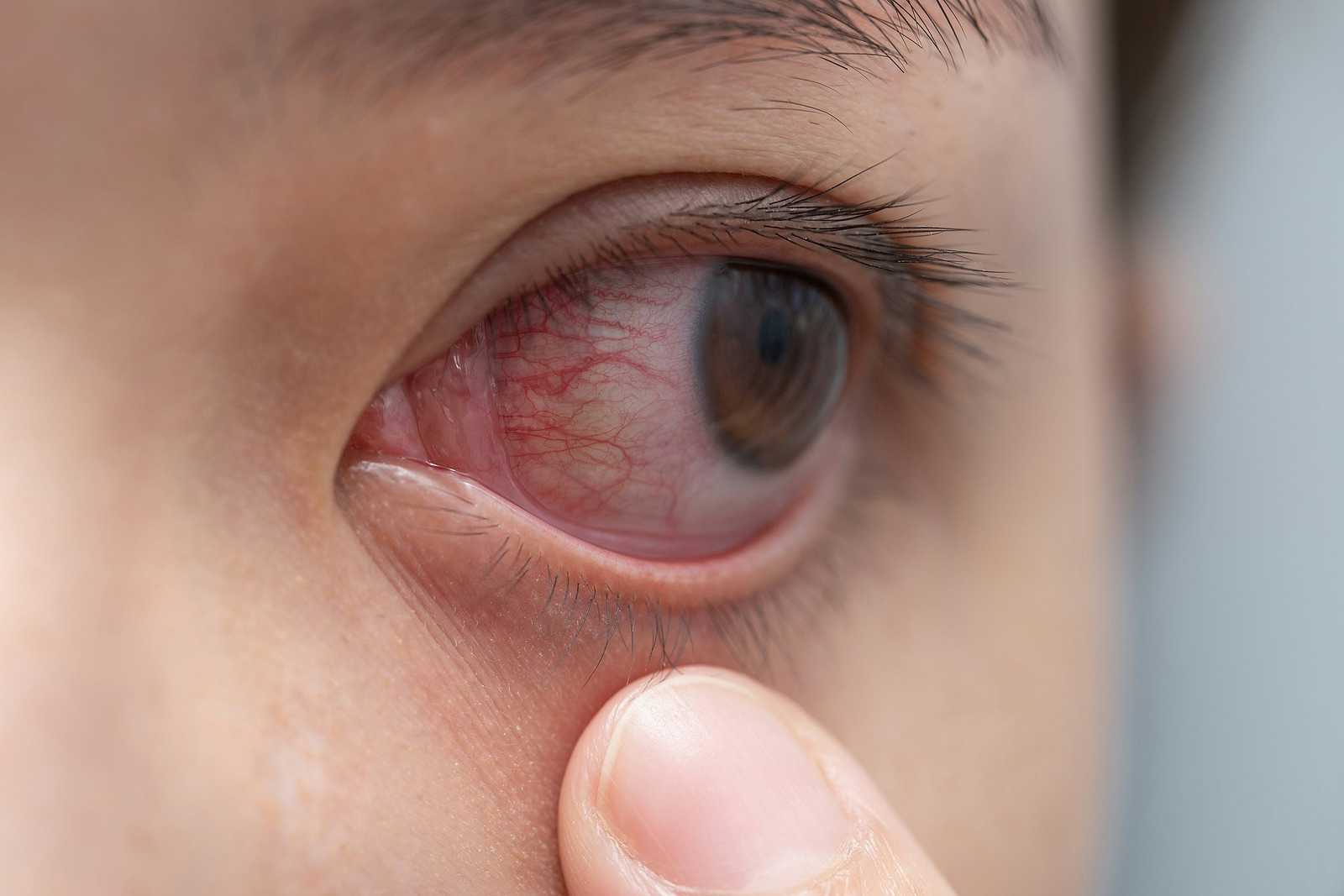
Drug companies do not like to talk about withdrawal symptoms! That sort of thing suggests that people are dependent upon their medicines. Stopping suddenly might cause problems and that is not something pharmaceutical manufacturers want to warn about. The list of medications that can trigger rebound symptoms is long and includes SSRI antidepressants, benzodiazepine anti-anxiety drugs, pain relievers like gabapentin and tramadol, not to mention heartburn meds such as esomeprazole (Prilosec), lansoprazole (Prevacid) and omeprazole (Prilosec). Decongestant nasal sprays and vasoconstrictor eye drops can also cause rebound symptoms.
Rebound Redness from Eye Drops:
This reader complains about redness after long-term use of eye drops:
Q. I have used Visine daily for many years. It soothes my eyes and helps with the redness.
However, I have recently learned that chronic use causes rebound redness if discontinued. I eliminated the drops nearly three weeks ago, but my eyes are still glassy, red and burning. I’m using warm compresses morning and evening. Is there anything else I can do to eliminate the redness?
A. There are several Visine formulations. The Original Redness Relief product contains a decongestant called tetrahydrozoline. That means it constricts blood vessels in the top layer of the eye. This same ingredient is also found in some decongestant nasal sprays.
There are many possible causes of eye redness including allergens, smoke, fatigue, dry eyes and infection. Repeated use of a topical decongestant, whether in the eye or the nose, can lead to reduced effectiveness. The Visine website warns that:
“overuse may cause more eye redness”
There is no obvious definition of “overuse” and no instructions on how to discontinue or taper gradually. As you discovered, stopping abruptly after long-term use can lead to rebound redness (Clinical Optometry, July 23, 2020).
Doctors call this “conjunctivitis medicamentosa.” It may take weeks for the redness to clear up. If your eyes don’t get better soon, please check with your eye doctor to rule out infection or some other factor. They may consider a short course of corticosteroid eye drops to help ease the inflammation.
Another Reader Also complains of Rebound Redness from Eye Drops:
Q. I’ve heard about becoming addicted to decongestant nasal sprays, but I wonder if one can become addicted to eye drops. I have severe dry eyes along with allergies, and I need a dose of eye drops first thing in the morning and several times throughout the day. Otherwise my eyes get horribly red, swollen and irritated. Am I addicted?
A. You may well be experiencing rebound redness from overuse of eye drops. The same kind of ingredient that is found in many nasal sprays is also found in eye products that help get the red out.
Oxymetazoline is a long-acting topical drug that constricts (shrinks) blood vessels. That is how it relieves congestion in the nose. But people who use nasal decongestants for allergies, colds or sinus problems are warned to use such products for only three to five days. After that they may experience rebound congestion as the medicine wears off.
You can read more about rebound congestion at this link:
Decongestant Spray Addiction is Hard to Kick
Have you ever had a stuffy nose? Were you tempted to use a nose spray? Did you develop decongestant spray addiction? Is there a way to kick the habit? Yes!
The same thing can happen in the eyes. Rebound redness occurs when the blood vessels dilate after the effects of the medicine fade. It can take several days (or sometimes longer) for this effect to gradually disappear. You may be better off with artificial tears rather than anti-red eye drops.
Citations
- Hosten, L.O. and Snyder, C. "Over-the-Counter Ocular Decongestants in the United States - Mechanisms of Action and Clinical Utility for Management of Ocular Redness," Clinical Optometry, July 23, 2020, doi: 10.2147/OPTO.S259398

